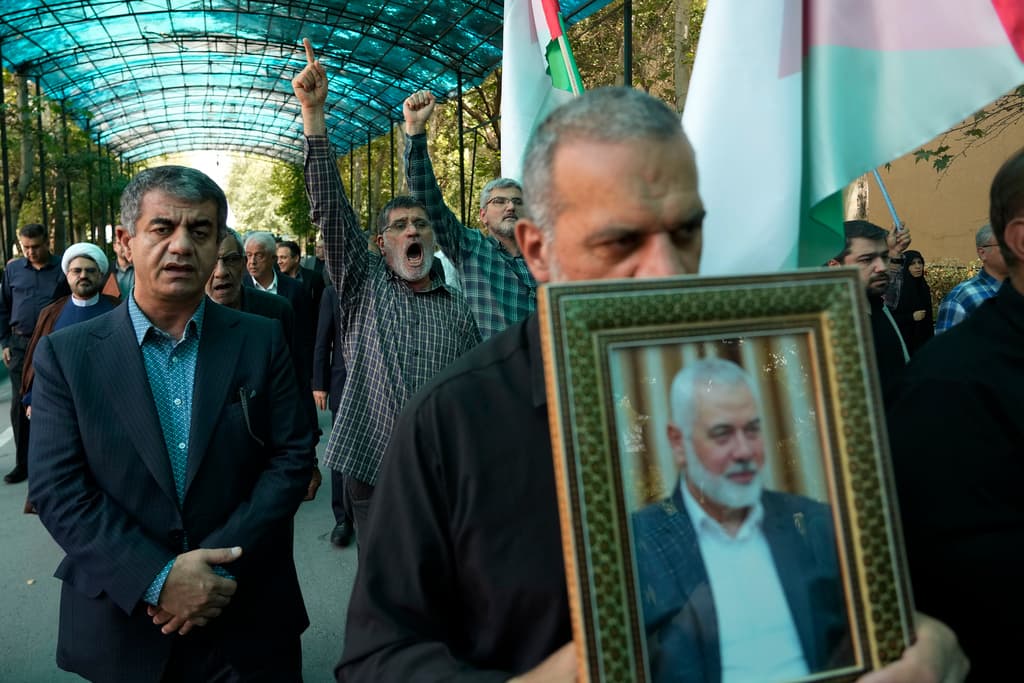Ismail Haniya's death hits the terrorist-stamped Islamist group hard since it concerns a person who has been involved for a very long time. But Hamas is not an organization that disappears because you knock out the leadership, believes terror researcher Magnus Ranstorp, who has written a book about the movement.
Hamas has had an iron grip on Gaza for a very long time, so the young people are marinated in its worldview. There are many people who are ready to take the leader's place.
The same assessment is made by experts who the newspaper The New York Times has spoken to. The Istanbul-based analyst Ibrahim Madhoun describes Haniya's death as "a hard blow". But:
Hamas has been through this before and come out stronger.
Controlled and Charismatic
Ranstorp met Ismail Haniya in Gaza in 1999, when the Islamist leader was personal assistant to Hamas founder and spiritual leader Ahmad Yassin.
My impression was that he was very controlled and charismatic. You could see that students and people treated him with reverence.
Haniya, who became 62 years old, was appointed as the highest political chief of the movement in 2017. Before that, he was prime minister in a Palestinian self-government, before Hamas drove out the rival al-Fatah from the Gaza Strip with violence in 2007.
But according to Ranstorp, Haniya's grip on Hamas has gradually loosened since he left Gaza in 2017 and went into exile. Since then, Yahya Sinwar, the movement's highest leader in Gaza and the architect behind the October 7 attack, has taken over more and more and built up the movement's military branch.
Hostage Talks Affected
Ranstorp does not believe that Haniya's death will affect the war in Gaza much, but it will affect the hostage negotiations. During the past few months, Haniya has devoted much of his time to communicating with Qatari and Egyptian mediators about a ceasefire and hostages.
According to experts who The New York Times has spoken to, Hamas will likely withdraw from the talks, but will eventually be forced back to the negotiating table.
Ranstorp believes that the attack on Haniya shows what pressure Israel is putting on Hamas. Two of the movement's highest leaders have now been killed – in January also Salah al-Aruri, founder of the al-Qassam brigades, Hamas' armed branch.
Now you have knocked out number one and number two. Hamas leaders know that their days are numbered.






